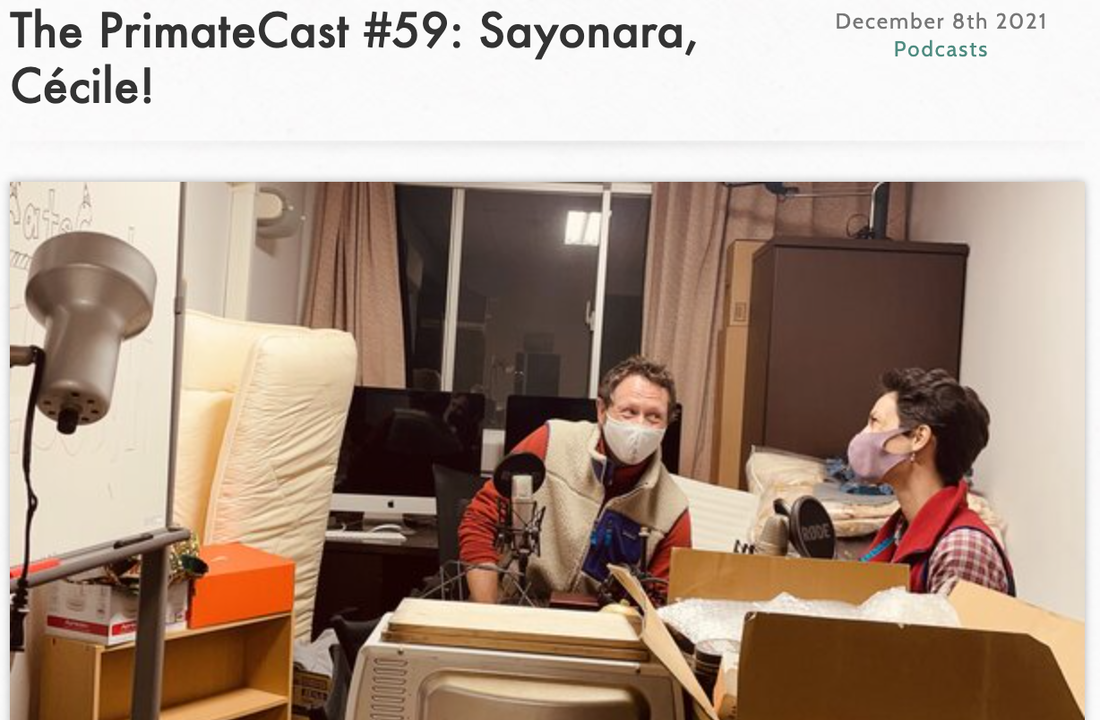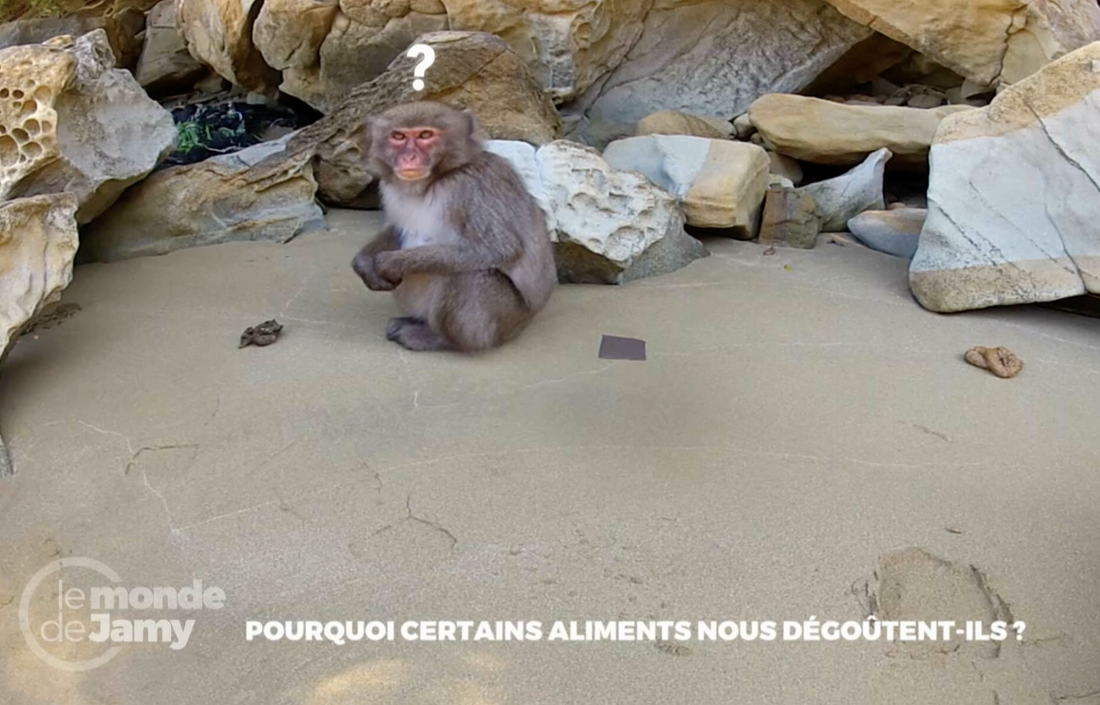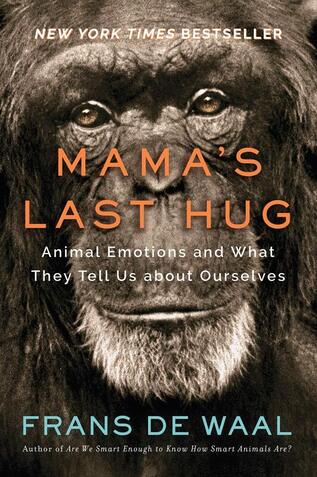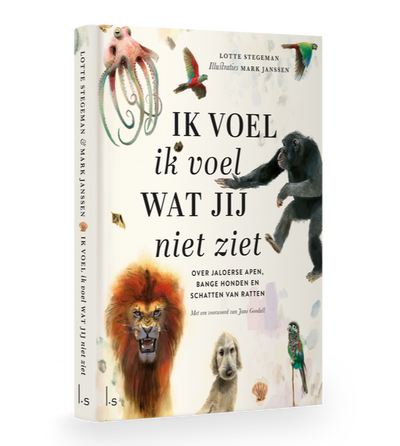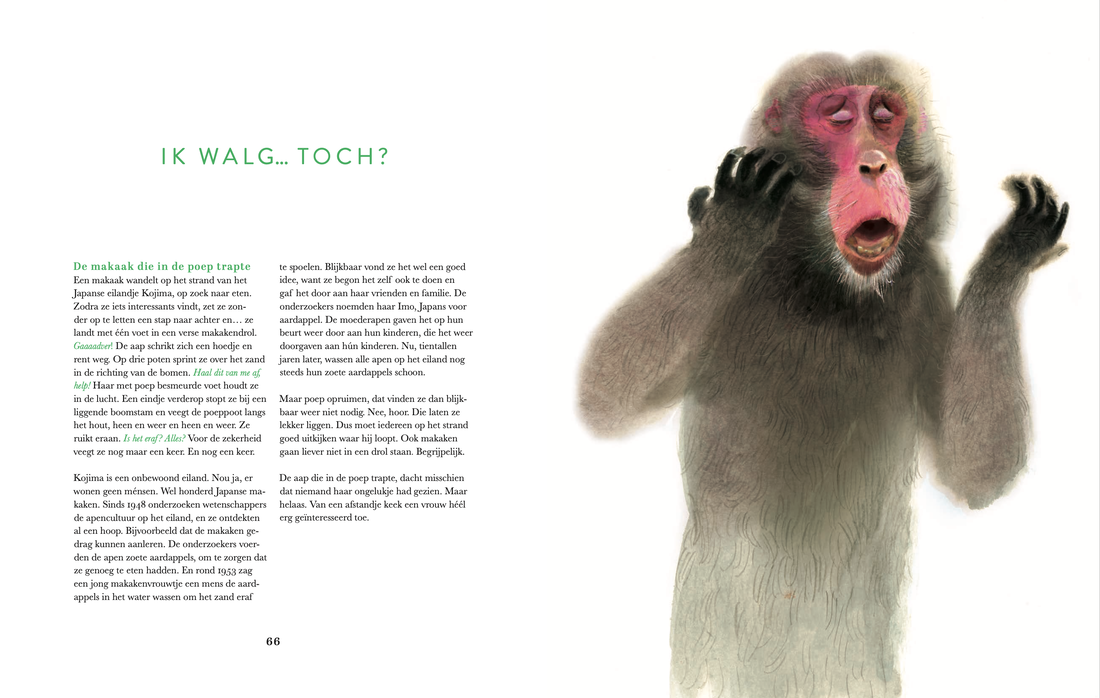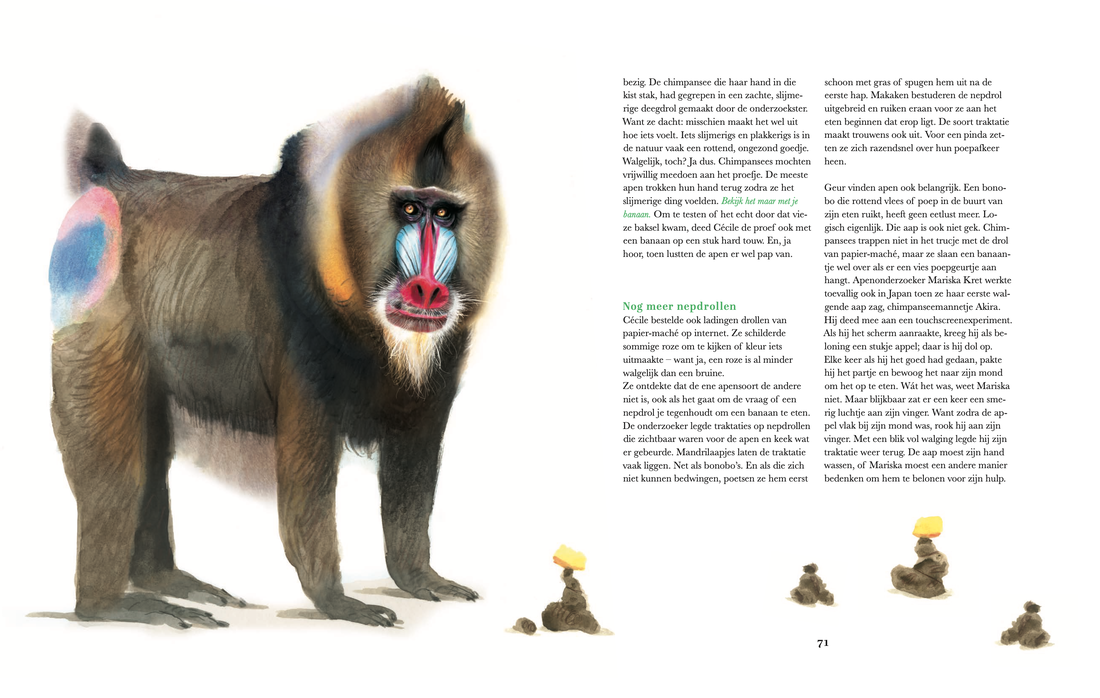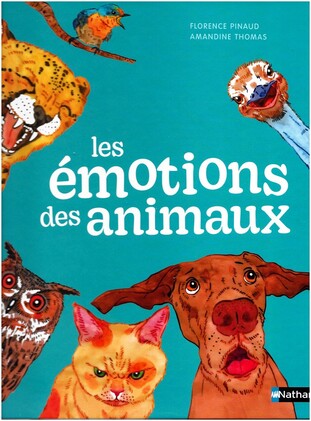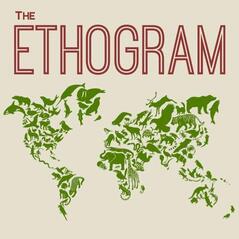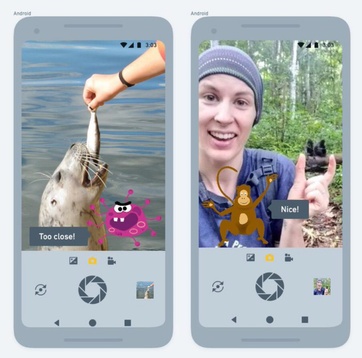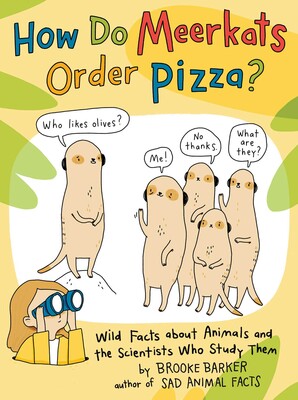Gross Research in the News
Below are some selected online articles, videos, books, and podcasts that refer to our weird experiments...
Click on their titles to access them.
Click on their titles to access them.
|
|
|
|
|
|
|
|
|
|
A short mention of our work on disgust in this opinion piece written by Frans de Waal.
Fastidious apes turn up their noses at filthy food"Just like humans, small rainforest apes called bonobos lose their appetites when food is placed on or near faeces."
Is disgust a universal emotion?"She bought replicas of poop online from Barcelona, Spain, which has a scatological fixation. “When I arrived in Gabon, I had two bags – including one full of fake poops,” recalls Sarabian. “At the customs, they were stopping everyone to check the bags and I was like ‘oh nooo, what am I gonna say?’ I thought I may have to bribe someone for getting fake poops in the country, but by the time my turn came, they were checking one bag [per passenger] and luckily they chose the other bag.” Sarabian blogs about her fieldwork here."
What grosses out a chimpanzee?"In 2015, researchers from Kyoto University's Primate Research Institute went to the Primate Center at the 'Centre International de Recherches Médicales de Franceville' (CIRMF) in Gabon to test whether chimpanzees are grossed out by some of the same things as humans, particularly those that are sources of infectious disease."
Monkeys keep their food clean, sort of"We all have our standards. For humans, it’s the five-second rule. For macaques, it’s “think twice before eating food off a pile of poop.” The monkeys have several ways of keeping their food (sort of) clean. And the most fastidious macaques, it seems, are rewarded with fewer parasites."
Scientists prank monkeys with fake poop for real research"Proving that there really is a job for everyone, scientists at Kyoto University have pranked monkeys with plastic made to look like poop, and got a paper published out of it [...]"
The yuck! factorIn his latest book "Mama's last hug" (2019),
Frans de Waal talks about "Emotions that make us humans" and refers to our work on disgust in non-human primates. I feel what you don't see...In her last book, Lotte Stegeman dives into the world of animal emotions by compiling scientific stories about jealousy, fear, anger, joy, disgust, grief, empathy, pain, and love. Super happy to have contributed to the chapter on disgust and shed light once again on the marvellous Kojima macaques (by telling the anecdote that put me on that 'disgust journey'...) Watch out for the translated version coming soon! Incredible drawings: Mark Janssen.
Animals' emotions are in vogue in the children's literature
Disgust is often the leftover emotion. This isn't the case in this children's book about animal emotions by Florence Pinaud. Check it out to see some of our research illustrated by Amandine Thomas!
|
Disgust is surprisingly common across nature.
A summary of our work on the evolution of disgust and future perspectives regarding potential conservation applications.
A sense of disgust in bonobos?"These primates, known for their liberal attitudes toward sex, are also generally open-minded when it comes to new foods -- as long as the grub is clean."
"Chimpanzees famously fling their own poop and have no problem picking seeds out of it, but scientists say our primate cousins may be a bit more hesitant about touching feces that isn’t their own. It may sound kind of obvious that they would be grossed out by a stranger’s poop, but disgust of another chimp’s biological goods hadn’t been observed in these animals before."
"It is generally thought that the disgust most people show towards things like bodily fluids is an adaptive system that evolved in order to protect us against contamination from diseases and parasites that might be festering in bodily products."
In the dirt: do primates yuck?"Imagine living in an environment where pathogens and infectious diseases are everywhere. No hand sanitizer, no water purification tablets, no insect repellent, and potentially lots of infected mates. This is the scenario that most wild, social animals – including primates – have to cope with."
Who shat on the floor at my weddingThe title of this podcast says it all. THIS was the crime scene. Now, two years later, the brides - Karen Whitehouse and Helen McLaughlin - and 'detective' Lauren Kilby want to solve the case. I participated in
this comedy podcast as a "cognitive ecologist, expert in... monkey poop". Watch out for episode 8... "This is like career suicide for all of us", said Jo Millington, a renowned forensic specialist who also lent her voice to help the investigation. I very much agree with her, though we still took the risk. "Turns out humans and wild animals can get each other sick. We help maintain social distancing using phone cameras and live filters." We co-designed a 'theoretical' mobile application - based on disgust - to enforce the propagation of human-wildlife distancing on social media.
Japanese macaques, bonobos, poops, waterproof notebooks and more
Brooke Barker's last book is about animals and scientists who study them. There are over 20 species and 17 scientists pictured. Through unique drawings and short incisive words, you would learn about meerkats' society, crows' striking memory for faces, jaguars' attraction for cologne and... primates' aversion for poops! An honor to have been portrayed along other scientists such as John Marzluff, Marta Manser and Ayana Johnson!
|
